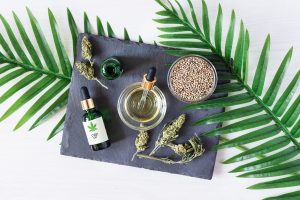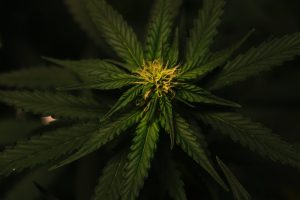Fake CBD Endorsement Claims Can Lead to Lawsuits, Big Payouts
If you’re in the Los Angeles CBD business, it’s important to avoid playing fast-and-loose with celebrity endorsements and/or likenesses. Sure, there are many celebrities who are vocal fans of cannabis and CBD products, and some even have their own brands. But as our Los Angeles CBD business attorneys can explain, false assertions of big-name support have led to multi-million-dollar payouts in a number of recent cases. If you do have the green light from a prominent figure to use their name and likeness to promote your product, it is imperative that you get it all clearly in writing – to protect your company, your employees, and your assets.
While a good many of these faux celebrity endorsement have come from scammers, a few have involved actual CBD companies.
Among the recent instances of celebrities publicly denouncing use of their likeness or phony endorsements for CBD products:
- Tom Brady. The pro-footballer has flatly denied his purported endorsement of CBD and keto gummies, as depicted in a number of approved Facebook ads – some of them sexually-explicit and clearly scams.
- Phil McGraw. The name and likeness of “Dr. Phil” was used by a scam website that led users to believe they were on the Fox News website, where there was an ad indicating his endorsement of CBD gummies. One article even stated McGraw and Brady were teaming up in their endorsement of CBD gummies. They had not.
- Dolly Parton. The 77-year-old country music singer/songwriter issued a statement saying that, contrary to circulated claims on various social media ads, she had never been associated with or endorsed any keto oils or CBD product.
- Keanu Reeves. “The Matrix” actor was compelled to release a statement last year clarifying that he had never endorsed any CBD gummy or CBD oil product, and had never been interviewed by any CBD company for its website.
Two recent cases that have led to litigation involved include “Jeopardy!” host Mayim Bialik and actor Clint Eastwood (and the company that owns the right to his likeness). Continue reading
 Cannabis Law Group's Medical Marijuana Legal Blog
Cannabis Law Group's Medical Marijuana Legal Blog








